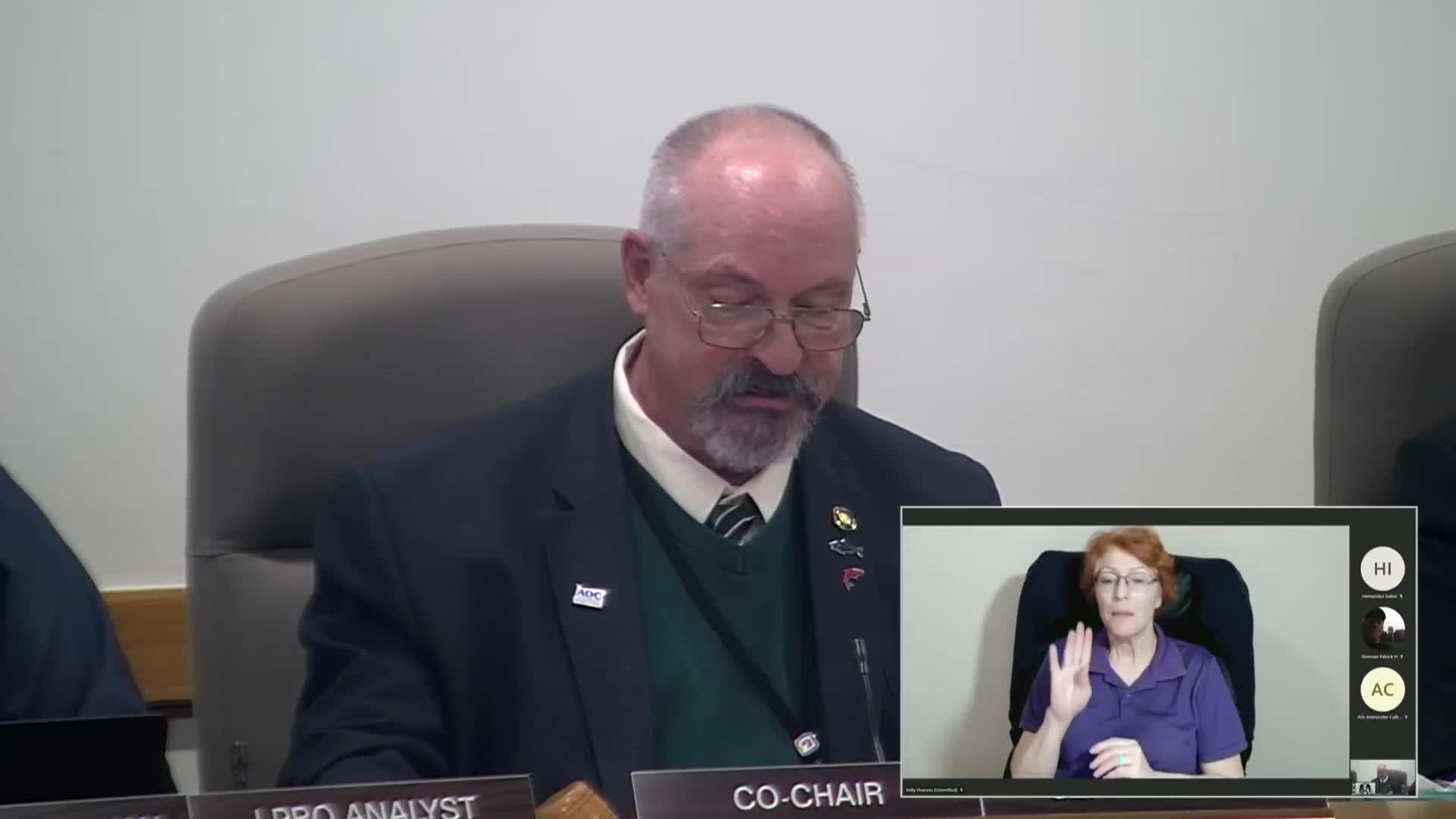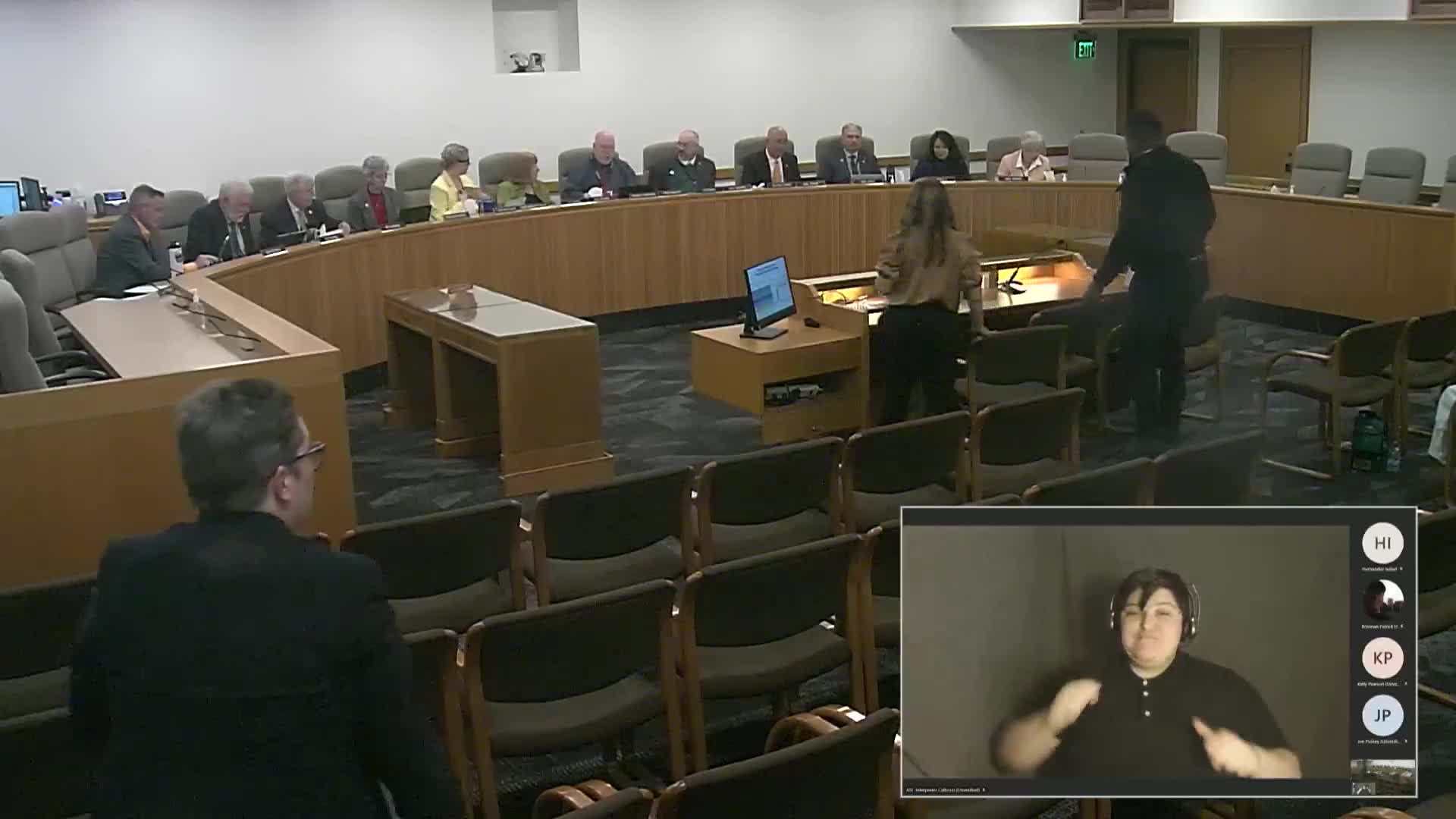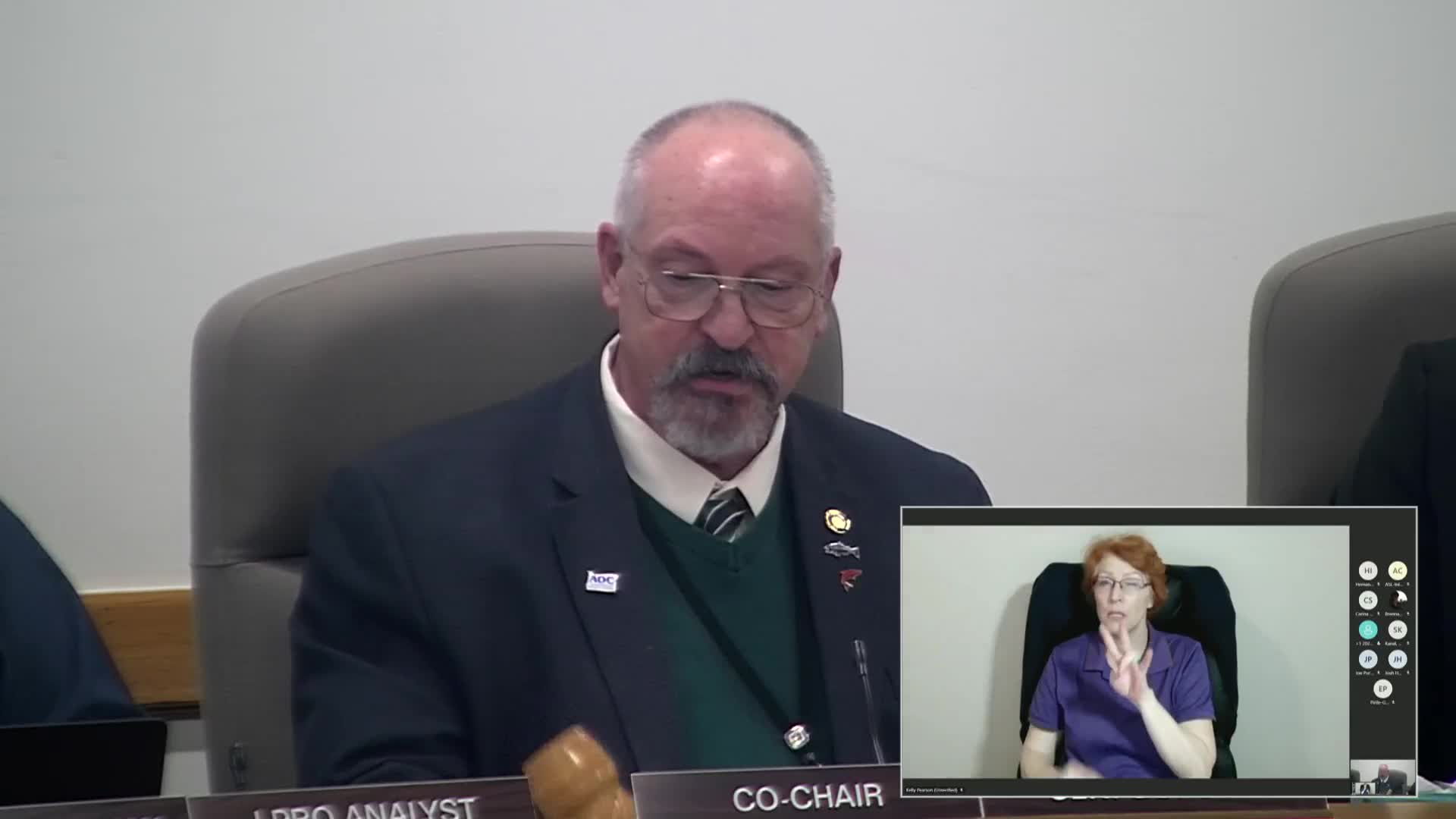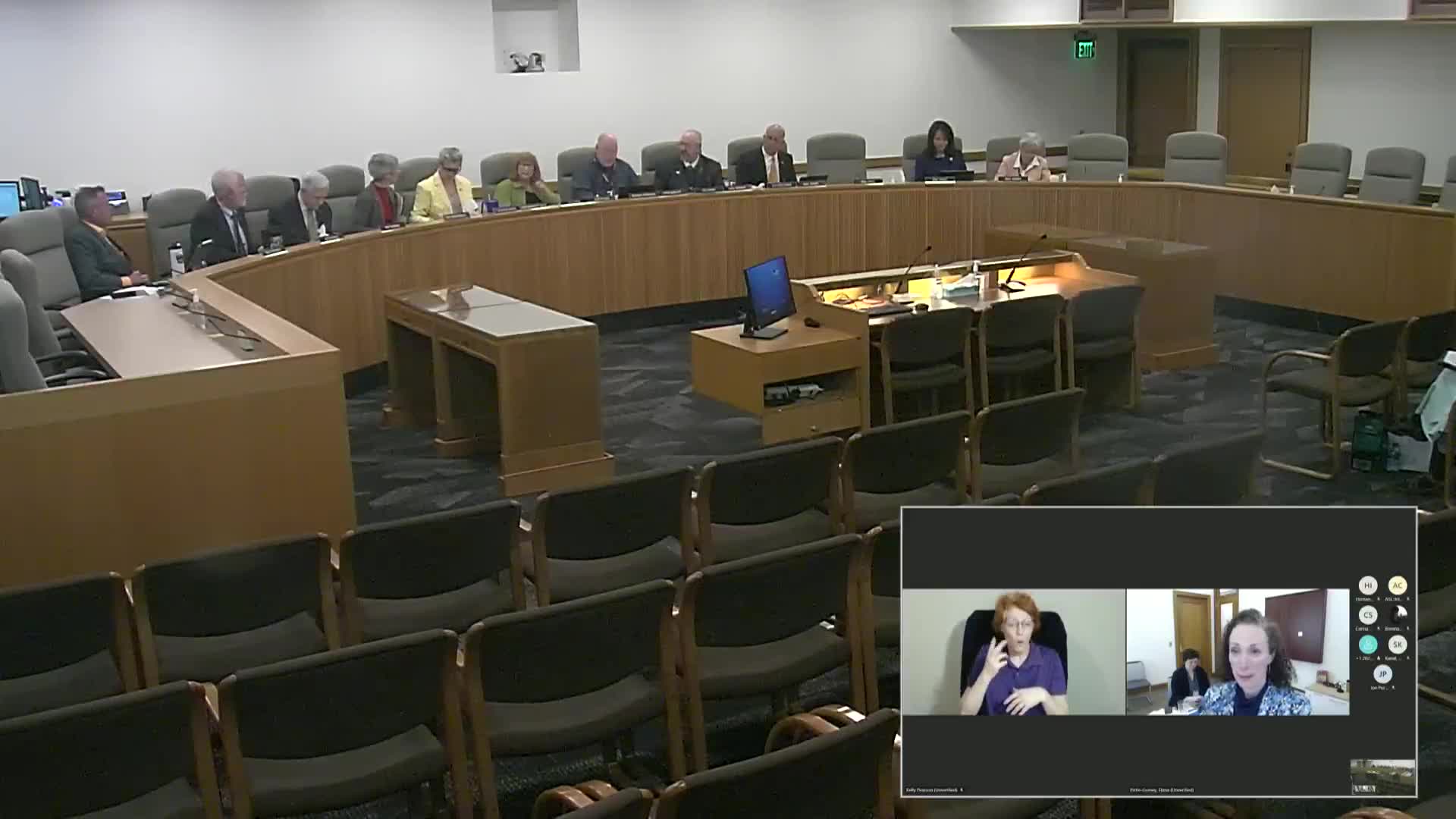Article not found
This article is no longer available. But don't worry—we've gathered other articles that discuss the same topic.

Committee advances several transportation studies and administrative bills; amendments adopted

Bill would create ODOT language translation office and grants for non-English driver education

Committee hears bill to stop pre‑estimate storage fees at auto repair shops

